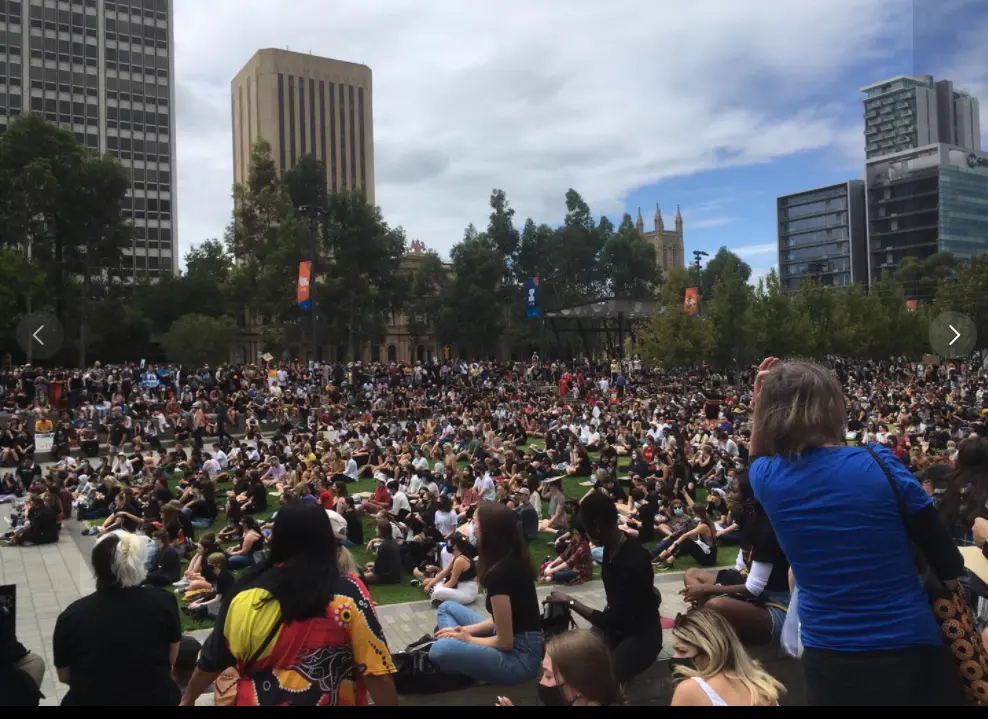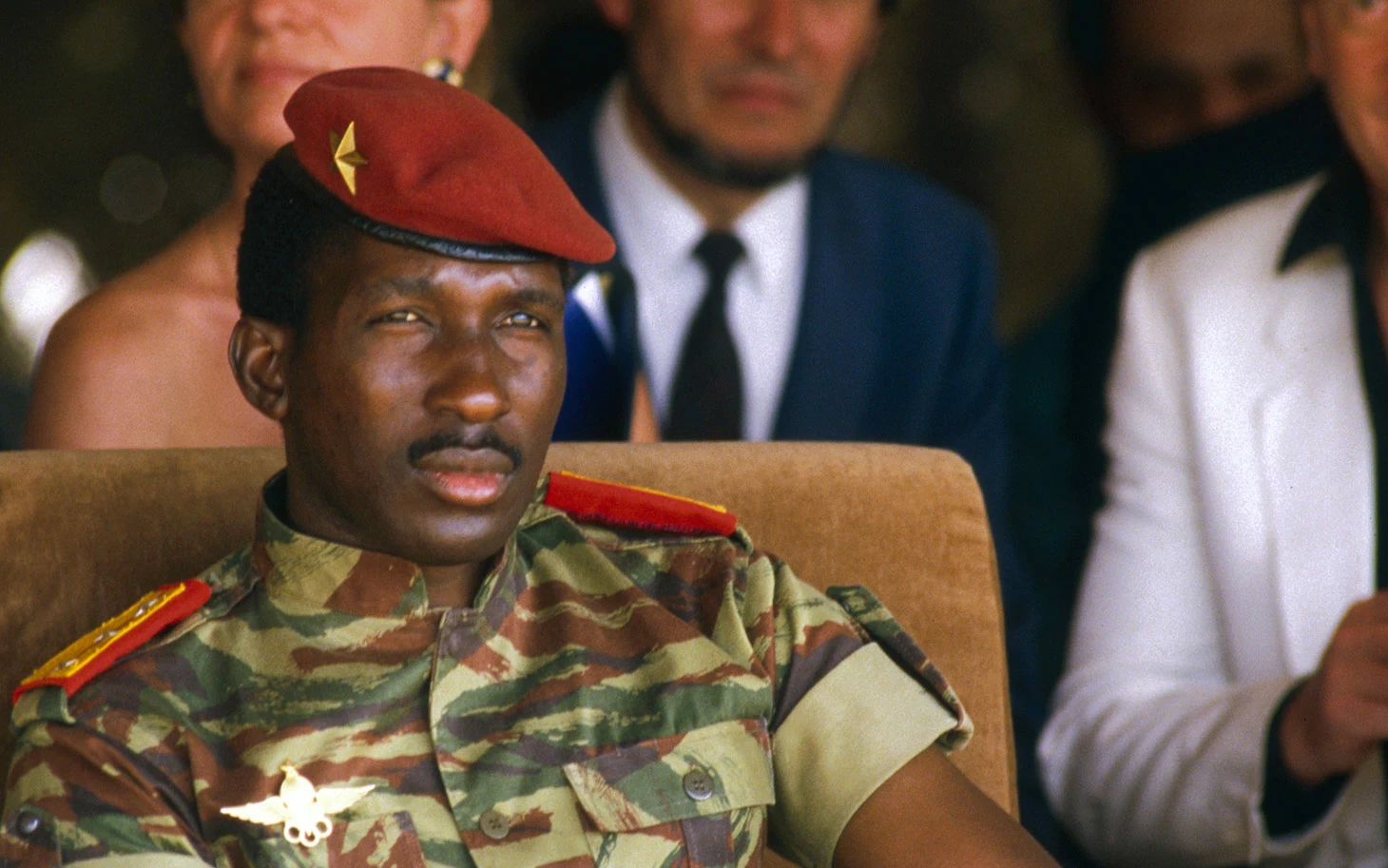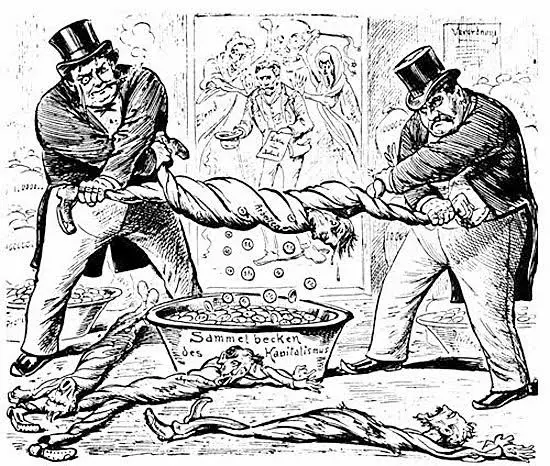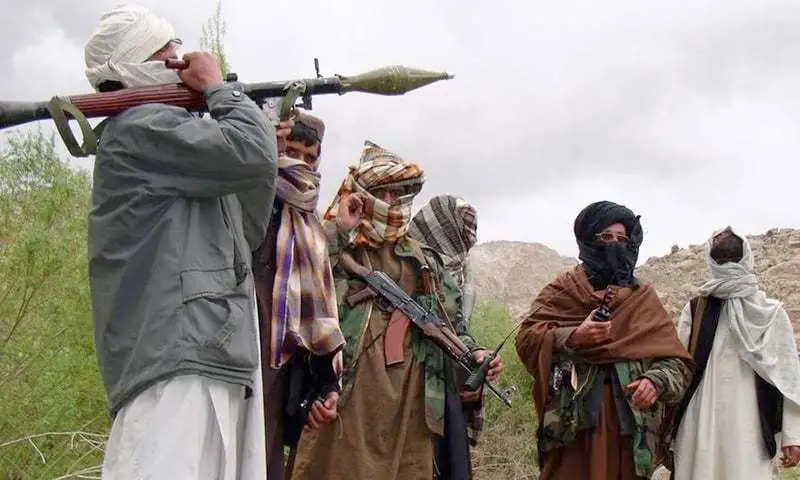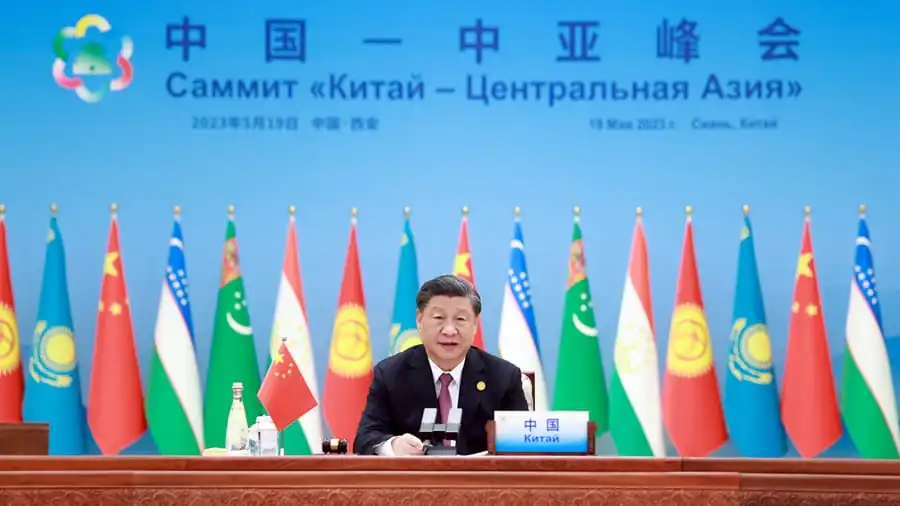On Tuesday, January 26 annual protests against the celebration of ‘Australia Day’ took place. Australian nationalists point to January 26 as the day the First Fleet landed at Botany Bay in 1788. While this is factual, the day has only been celebrated as Australia Day by every state and territory since 1994. But the date was marked long before that, as a national Day of Mourning for Indigenous Australians, beginning in 1938. Uncle Bill Nicholson, a Wurundjeri Elder (Wurundjeri country is roughly in and around what is modern day Melbourne in the southern state of Victoria), asserts that this was one of the first Indigenous social protests in the world. He may well be right.
The controversy surrounding the celebration of Australia Day on January 26 revolves around its history as a Day of Mourning. Many Indigenous Australians feel that national celebrations on this date are an attempt to erase the bloody history of settler colonialism on the Australian continent. Hence, the #ChangeTheDate campaign gained traction in recent years, with some local councils getting on board to scrap their celebrations. In their place, many thousands of Australians, participate in Indigenous-led protest marches on what has come to be known as Invasion Day.
Invasion Day has become a platform for Indigenous social issues of all kinds. It is no longer just about changing the date. Some reject a date change as a symbolic gesture, which is too little too late. This year, speakers were united in their call for real structural change. In Melbourne, a petition, started by 15 families whose loved ones had died in custody, was distributed. It called on the federal government to make real change and to bring justice to families and communities: “We are coming to Canberra,” it said, “And we want our voices heard.”
Uncle Bill Nicholson captured the theme of this year’srallies when he said, from the steps of Victorian Parliament House in Melbourne, “Come on Australia, wake up. … We want you to listen to our voice.” And there is a lot to talk about. In 2020, Indigenous deaths in custody continued on an alarming scale, the Treaty process in Victoria took a hit when the government destroyed sacred heritage sites on Djab Wurrung land, Rio Tinto blew up a sacred site in the Pilbara, the federal government attempted to introduce a “cashless welfare” system which disproportionately disadvantages Indigenous Australians, and COVID-19 laws were used as an excuse to repeatedly shut down Indigenous activism.
In Sydney, Invasion Day protestors were arrested under the auspices of COVID-19 protective measures (though it should be noted these people were not participating in official Invasion Day events). Throughout the country marchers conducted peaceful, socially distanced and COVID-safe demonstrations. In Victoria, where COVID-19 laws are still strict after weeks of no cases, a great deal emphasis was placed on protecting communities through social distancing measures, mask wearing and the use of hand sanitiser.
Communists from Australia’s Communist and Socialist Parties marched in every capital city, in solidarity with Indigenous Australians. The Communist Party of Australia dedicated the week’s edition of their newspaper, The Worker’s Weekly Guardian, to an in depth analysis of Indigenous issues in the context of the Australian class struggle. To quote one article, “[f]or genuine change to occur, we must grasp the root of […] structural inequalities.” And at that root is the very nature of class society. Communists in Australia have and will continue to tackle the Indigenous question as an aspect of the class struggle and stand in solidarity with our Indigenous comrades.
